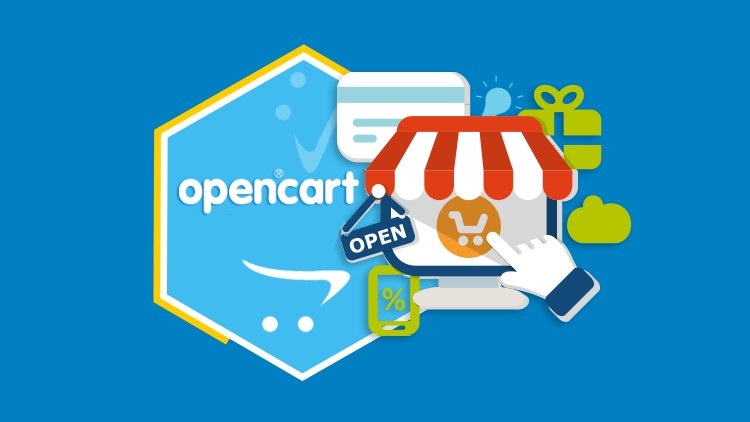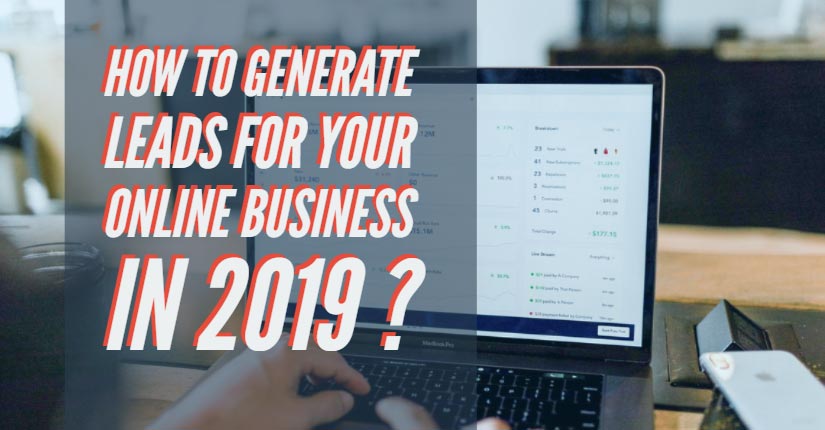What is affiliate marketing?
Affiliate marketing is basically a type of performance marketing strategy that is based on sales and leads. You have affiliates who link to your page. If a visitor buys your product through that particular link, you give the affiliate a certain percentage of that sale.
In simple words, the concept of affiliate marketing is to promote other people’s products through an affiliate network and earn commission if people actually buy the product. The entire concept is based on revenue sharing – if you have something of value to offer, get somebody to talk about it. If they help land a customer, they share the revenue with you
How does it work?

Affiliate marketing is advertising other companies products or services for a commission. The best way to do this is email marketing. You can use an “email option list” to build a list of customers to advertise these products or services.
You build a website, publish it onto the internet through a hosting company, and place affiliate links on your site, hopefully interspersed with meaningful content so search engines will give your decent rankings.
When someone clicks an affiliate links, they are taken to the merchant’s site, who hopefully will complete a sales transaction. Once completed, the merchant will pay you a predetermined commission.
You can join merchant affiliate programs directly with some merchants who have in-house affiliate programs, or more commonly, through one of many affiliate networks, who provide to you links and tracking, collect the commissions from the merchants, and pay them to you
Key elements of affiliate marketing

The Advertiser can be a person or company who sells products or services like electronics, airline tickets, clothes, car parts, insurance services and selling company policies. Advertisers are the one who is ready to pay people who promote their products or services.
A Publisher is an individual or company that promotes an advertiser’s products or services in exchange for earning a commission. The publisher can be a blogger or company who agrees contractually to work with the advertiser, publish the content with advertiser’s links, banners or text ads or even unique phone numbers that a publisher incorporates into their websites.
The Consumer is the final component that completes the affiliate relationship triangle. The consumer is the one who sees the ads or links, make an action by clicking the same and the complete the purchase action, which we call as conversion. It can be in any form like purchasing a product directly of submitting the details for further action.
How much money can you make with affiliate marketing?

“Limitless”.
There are affiliate marketers who are making millions of dollars a month via affiliate marketing. The reality of affiliate marketing is that everyone earns money differently. While some are lucky enough to earn thousands of dollars per month, others struggle to earn $1 per day. Strategy is a significant part of your results, but even the best strategy in the world isn’t always predictable.
It’s important to remember that, even if you make $100 per day for a full week, month, or more, you shouldn’t expect always to earn that much per day. The products making you money could be trending now, but their popularity can dip without notice. So it all boils down to how passionate you are for affiliate marketing , how much time you are investing into it and how consistent you are with your marketing. If you are doing it with the intention of earning easy and fast income then I’m afraid it’s not the right pick for you.
How does one become an affiliate marketer?
1. Find a teacher

It’s pretty short and sweet! You can’t just jump in and think you can wing it in affiliate marketing through trial and error. Why not find a successful person who can show you the way to earn the money.
There are training courses out there, but do your research and find a company or teacher that is thorough and has great customer support. To say you’ll have questions along the way is an understatement.
Ask any seasoned affiliate marketer about the value of trust, and they will talk your ear off. Cool story Scott, you might be thinking, but how do I build trust?
Know your product. Demonstrate your knowledge. Provide valuable, FREE content for your audience and help them with a problem. Answer their questions. Reach out to them. The list goes on. That is what a teacher will help you learn all about!
2. Pick a product

Ideally, your product(s) has to do with a passion of yours. Whether you’re building a niche site and/or a blog, a landing page, a video or training seminar, or all of the above, the more you already know about that subject area, the less painful it will be for you to develop compelling content around your offer. At the same time, the expertise that you already have will strengthen your selling points tenfold.
3. Position Yourself Well Online

Now we’re getting just a tad technical, and rightly so.
Who would you rather buy your next gadget from? Your cool neighbor who doesn’t call the cops on you, or some guy you don’t know who just screamed “HEY, BUY THIS” at you while you were crossing the street?
If you don’t have anything but an ad or a landing page, I’m sorry – you’re street guy. If you position yourself well, however, by starting and maintaining a YouTube channel, blog, social media account(s) and so forth, your customers will say “Oh yeah, that’s Steve. He knows a lot about xyz.”
Your preferences are your own, but a multi-faceted approach is best here. Many businesses will have a blog, Facebook, Instagram and possibly Twitter. Depending on the product or service, YouTube can be absolutely huge as well. Don’t fret too much about where, fret about quality. Where does your content shine? Does it need to be seen, heard, shared, or what?
4. Traffic, Traffic, Traffic!

Remember that first day of high school tryouts? Eighty-five kids show up to try out for the basketball team, and the coaches are like, “Crap, we gotta thin the herd,” so they make everyone run sprints for 45 minutes. Then, about half of the kids don’t show up for day two.
That’s traffic for ya.
I want to be completely honest with you. Traffic is a challenge for newbies. Traffic is where the patience comes in. If you’re banking on completely organic SEO, you are in for a long haul. Hopefully, you already know that Google uses more than 200 factors in its algorithm to rank websites. Several of those factors relate to time, meaning that new websites are not given a bump for six months or more.
Organic SEO is such a fluid and nuanced topic, it would take volumes for me to discuss it at length. Here’s my attempt in one sentence: Organic SEO refers to a set of techniques used by website owners to attract search engines. Boom. There’s “on-page SEO,” which refers to blogs and articles – keyword ratios, alt text, images, outbound links, etc. – anything you can slap onto a webpage. “Off-page SEO,” on the other hand, refers to any practice outside of posting and creating content (most commonly, backlink building) that helps your site climb the search engine rankings.
Now, if you’re willing to risk a little cash, things change. Paid advertising, once scoffed at by successful affiliates, is quickly rising in the ranks. Pay-per-click is an awesome example. You know those search engine results that say “ad” in front of them? Those business owners pay Google every time someone clicks on their ad, because Google agreed to slap them onto the first page of search results. Of course, they’re hoping that “x” people out of 100 will buy something on their site, which will offsite their ad spend and generate profit. Yes, it’s a risk, but for a quarter or two a click (in most cases), you can literally start a one-page website with one word on it and end up on the first page of Google within an hour.
5. The Small Detail of Conversion

Alright, so let’s say that a hundred people visit your site. For this example, we’ll say you are paying $25 for that much traffic. If your product nets you $20 per sale, then you need at least “x” people out of a hundred to buy, which would net you a fifteen-dollar profit (60% return on investment). Since two people out of the hundred purchased, you have a 2% conversion ratio. This is the single most important number to an affiliate marketer.
Think of it like this: SEO, paid ads, social media and whatever other traffic generation method you use is like having a good agent. They “book you gigs” by getting your content in front of people. No matter how many gigs you get, though, if you’re a terrible singer, no one is coming back. So, conversion ratio is all about quality. Refer to the above. Build trust. Choose a product you know and love. Establish a presence. Have fun. Drive your selling points home in an effective, yet non-spammy way.
The final tip within a tip that I will give is a doozy in terms of importance. If you do nothing else, you have got to research your audience. If you don’t know where to start, just Google your product. Find forums. Browse YouTube comments. Take notes on your product’s fan base. Where do they hang out online? What do they eat? How do they talk? Do they use special terms? All of this can be used in your messages to sharpen your appeal. You don’t have to have a market research degree to do this – just a dedication to authentic, effective content.
Conclusion: Beginners guide to affiliate marketing
We hope that this guide helped you learn the basics of affiliate marketing and set you up for future success in the programs of your choosing.
Remember that the key to affiliate marketing success is finding the best products to promote within your niche. You can do that by taking time to research the best keywords for each of the products and services you want to promote so that you can create targeted content that pulls in the right audience.





